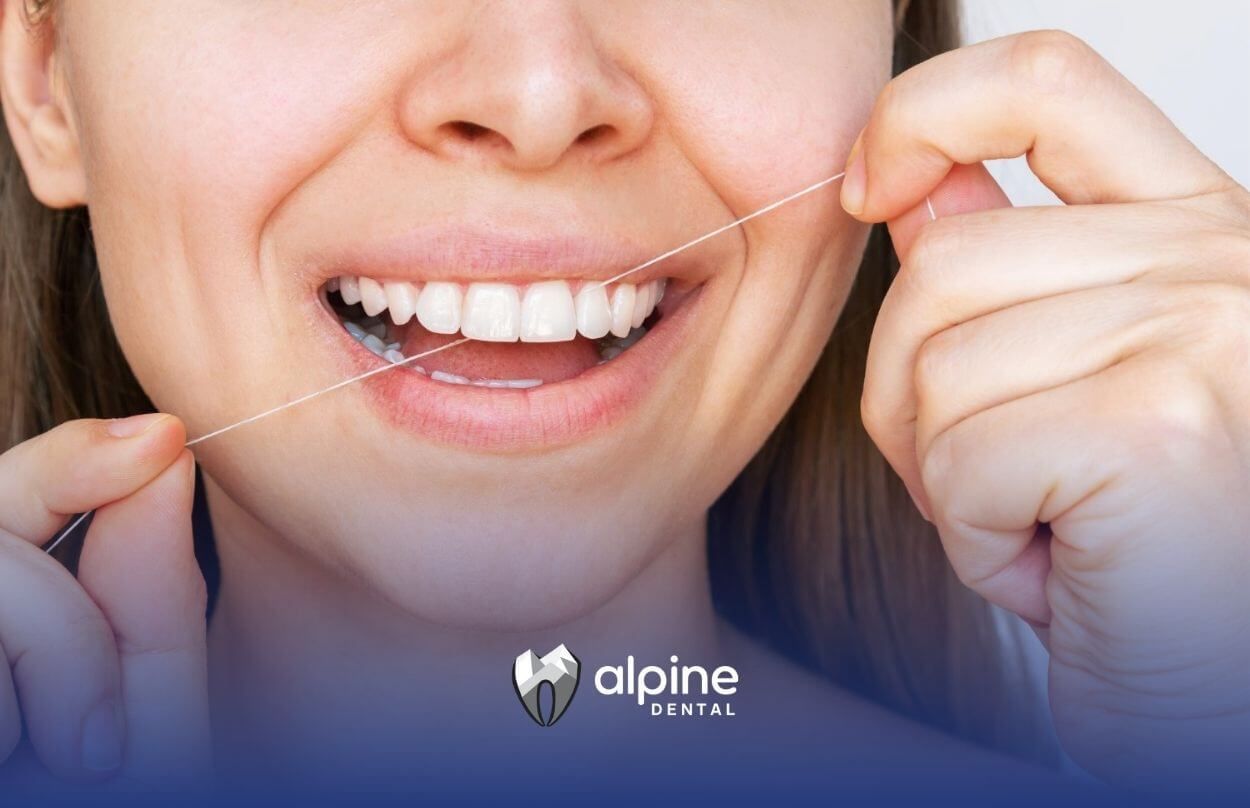Who Should Steer Clear of Dental Implants?
Dental implants are a popular and effective solution for replacing missing teeth, but they’re not right for everyone. While most people can benefit from implants, there are certain groups who should be cautious or avoid them altogether.
If you're wondering whether dental implants are suitable for you, here's a quick overview.
People with Poor Oral Health
For successful implants, healthy gums and sufficient bone density are essential. If you have gum disease, tooth decay, or a weak jawbone, your dentist may recommend treating these issues first. Without these, implants are less likely to succeed.
Those with Chronic Health Conditions
Certain health conditions like uncontrolled diabetes, autoimmune disorders, or severe heart disease can hinder healing. If you’re undergoing treatments that affect your immune system, like chemotherapy, dental implants may not be the best option.
Smokers
Smoking significantly increases the risk of dental implant failure because it affects healing and blood circulation in the gums. If you smoke heavily, you may want to discuss alternative treatments with your dentist.
Young Adults
Young people whose jaws have not fully developed should generally avoid implants until their growth is complete. This typically occurs around the age of 18-20, but it can vary.
At Alpine Dental in New Jersey, we’re dedicated to providing the best care for your smile. Whether you're dealing with dental emergencies, need an implant, or have a broken tooth, our experienced team is here to help.
FAQs
1. Can I get dental implants if I have gum disease?
If your gum disease is under control and your gums are healthy, dental implants may still be an option. It's best to address any underlying oral health issues first.
2. How long do dental implants last?
With proper care, dental implants can last 20 years or more. Regular checkups are key to ensuring their longevity.
3. Are dental implants painful?
While the procedure may cause some discomfort, local anesthesia and sedation ensure that you remain comfortable throughout the process. Most patients report manageable discomfort during recovery.




